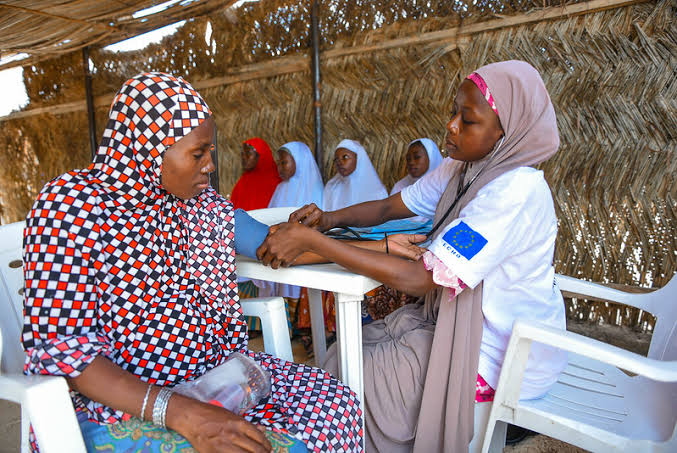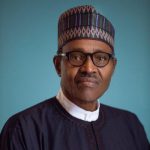By Ekuson Nw’Ogbunka
Abuja
The passing of former President Muhammadu Buhari in a foreign clinic in the UK has sparked a national conversation about the state of Nigeria’s healthcare system. The fact that one of the country’s leaders had to seek medical treatment abroad is a stark reminder of the system’s failures. This phenomenon is not unique to Buhari, as many Nigerians, including high-ranking government officials, often travel abroad for medical treatment, resulting in a significant drain on the country’s foreign exchange.
A former Senate President of Nigeria reportedly sought medical treatment abroad, where he unfortunately passed away. Allegedly, his body was stored in a morgue for a considerable time due to various issues before being returned to Nigeria for burial. The economic implications of his medical expenses and untimely death abroad are substantial, and worth considering.
According to the African Export-Import Bank, Nigeria loses an estimated $1.1 billion annually to medical tourism. This staggering amount could be invested in critical sectors like healthcare infrastructure, medical personnel training, and equipment procurement. Instead, it’s being spent on foreign healthcare services, building their economies, and creating jobs for their citizens. The bank’s Export Development Managing Director, Oluranti Doherty, emphasizes the need for Nigeria to rebuild trust in its domestic healthcare system and implement policies that ensure quality care is accessible locally.
However, the consequences of neglecting Nigeria’s healthcare system are far-reaching. The country’s healthcare-associated infections alone cost an estimated $4.5 billion in 2023, approximately N7.2 trillion. This amount is a significant burden on the economy and highlights the need for investment in infection prevention and control measures. Furthermore, the brain drain of medical professionals from Nigeria to other countries exacerbates the problem, leaving the local healthcare system understaffed and under-equipped.
Therefore, it is time for Nigerian leaders to take responsibility for the country’s healthcare system. Investing in healthcare infrastructure, personnel training, and equipment procurement can significantly reduce medical tourism and improve health outcomes. The Presidential Initiative for Unlocking the Healthcare Value Chain and the Nigeria Health Sector Renewal Investment Initiative are steps in the right direction. However, more needs to be done to address the systemic challenges facing the healthcare sector.
To revitalize Nigeria’s healthcare system, the government must prioritize investment in healthcare infrastructure, personnel training, and equipment procurement. This can be achieved through, increased budgetary allocation, whereby the government should allocate at least 15% of its budget to healthcare, as recommended by the Abuja Declaration, investment in healthcare infrastructure, by modernizing healthcare facilities and equipment which can improve health outcomes and reduce medical tourism.
Added is training and retention of medical personnel, by providing competitive salaries, training, and benefits can help retain medical professionals in Nigeria and collaboration with private sector stakeholders can help bridge the healthcare funding gap and improve service delivery.
By taking these steps, Nigeria can build a robust healthcare system that meets the needs of its citizens, reduces medical tourism, and promotes economic growth. The time for change is now.











